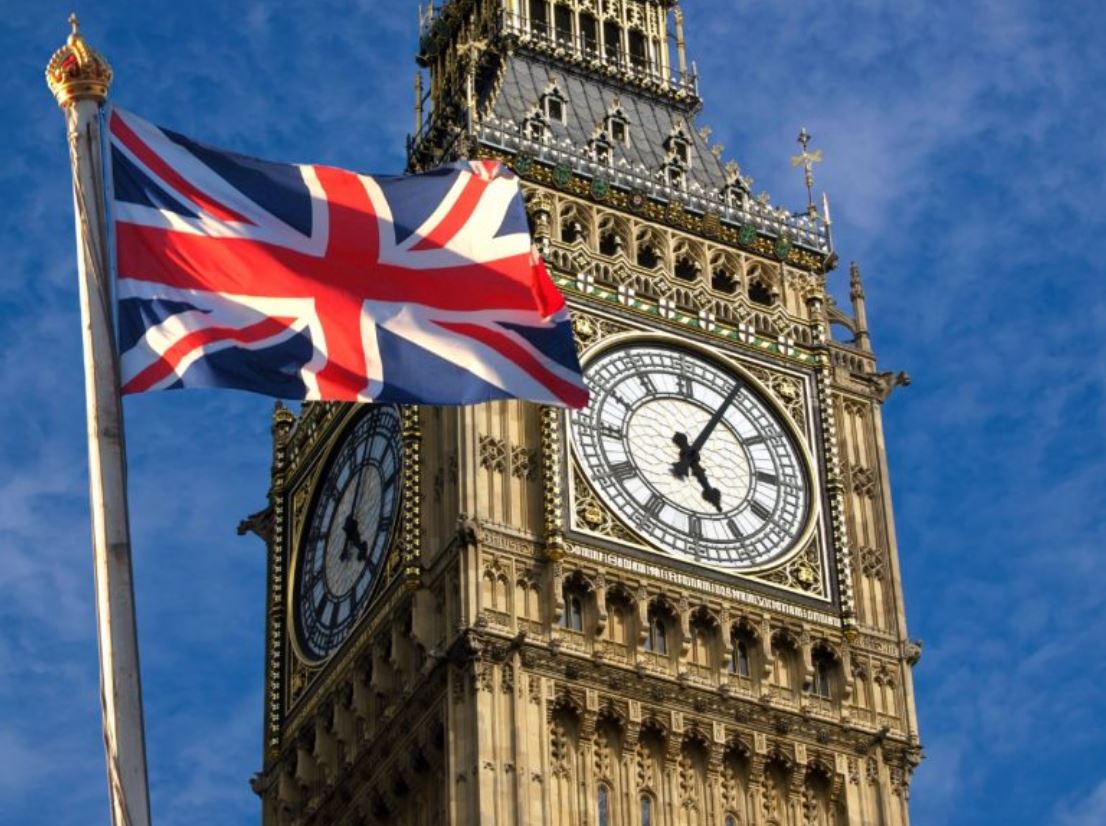
However, the UK government has reserved the right to monitor portfolio transactions considered to be high risk. The report notes that:
Instead of requiring the collection of payee and payer information for all non-hosted wallet transfers, cryptocurrency firms will only need to collect this information for transactions identified as high risk of illicit funding.
The UK and cryptocurrency wallet regulations
The British government was intent on not killing innovation and at the same time protecting its citizens from bad actors. Additionally, most cryptocurrencies run on permissionless blockchains operating at lightning speed.
According to the UK report, most people who use cryptocurrencies for legitimate reasons use unhosted wallets for personalization purposes. The report notes that:
Many people who hold crypto assets for legitimate purposes use unhosted wallets due to their customization and potential security benefits (e.g. cold wallet storage).
Following the announcement, users are in full control of their cryptocurrency assets as long as they use unhosted wallets. In case the same user chooses to use wallets on cryptocurrency exchanges, the KYC will definitely be implemented. In the past, Binance has come under tremendous attention for the same reasons.
The cryptocurrency market is evolving rapidly and multi-chain is at the heart of most cryptocurrency-related projects. Plus, it's a safer way to secure more customers in the future. For this reason, the government intends not to hinder developments and innovations in the cryptocurrency and blockchain sector.
In recent years, regulators around the world have been investigating ways to enable innovations in the cryptocurrency industry in a safe environment. The European Union, Russia, the United Kingdom, the United States and Canada, among other global economies, are looking for ways to securely regulate the cryptocurrency and blockchain industry.
Because of this, cryptocurrency-related companies continue to feel the heat of regulators amidst the market turmoil.
A bigger picture
The cryptocurrency market has dropped significantly in value over the past few months. The picture is even clearer: Total cryptocurrency market capitalization has dropped from around $ 3.000 trillion to around $ 955 billion.
The decline is also observed in the traditional stock market, but it is not as volatile as that of cryptocurrencies. The UK's move to allow non-hosted wallets to function without KYC has been welcomed by the cryptocurrency community. Brian Armstrong, CEO of Coinbase, called it "anti-innovation" and "privacy".
Countries are now competing to see who attracts the most Investors in the cryptocurrency and blockchain sector. Recall that Bitcoin is widely regulated in the world, as well as being legal tender in El Salvador and the Central African Republic.
